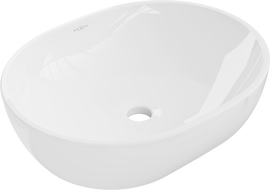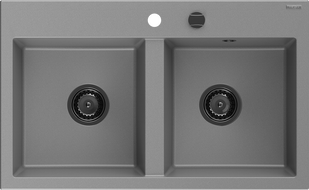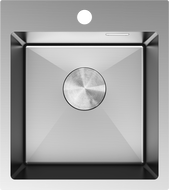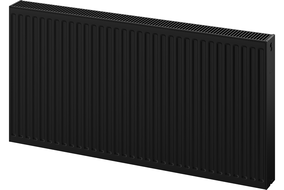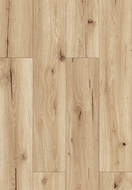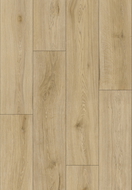
When choosing the ideal towel, it is worth paying attention to the material it is made of. Due to its functionality, the most popular material used for the production of bath towels is cotton. This fabric is distinguished by excellent water absorption, and a product made from it 100% is soft to the touch and pleasant for our body. To maintain both the functionality and impeccable aesthetic qualities of a towel, users must learn important rules for caring for this material companion. By taking care of our towels, we maintain the appropriate level of hygiene, preventing the growth of many bacteria.
Rules for Proper Washing
Are you a happy owner of a new, fluffy towel? Before you can enjoy its usefulness, wash it. This act will rid your new acquisition of any germs and dirt that may have settled on it while traveling through the logistics chain, ultimately allowing it to take its place of honor in your bathroom. An unused towel doesn't have the absorbent properties advertised by the manufacturer. This quality is gained by the product after a few washes. When washing towels, don’t forget about accurate sorting. If you put both colorful and snow-white towels in the drum, they will lose their attractive appearance, and reversing the effects of such action is almost impossible. For hygiene reasons, it is not recommended to wash towels with clothes and underwear. Such a combination for washing can also cause clothes to fuzz and the towels to lose their softness.
Do you want your towels to remain fluffy for a long time? Don’t use washing powder. Instead, learn about the advantages of using liquid detergents and various types of washing gels - these products rinse out very easily during washing, which positively affects the condition of things in the drum. A common mistake is treating cotton towels with fabric softener. This causes the material to lose its utility properties and it stops absorbing water as we would like. Pay attention to the set washing temperature. Home towels should be washed at 40 or a maximum of 60°C. A higher washing temperature is reserved for towels used in hospitals or hotels. Use your towels for no more than a few times. Hand towels, which we use for frequent care, should be washed every few days.
Home Methods for Towel Care
Do you like the feel of fluffy fabric after a relaxing bath? Repay your towel and give it a little heart! Before washing, throw tennis balls into the drum. Thanks to this solution, your favorite towel will remain soft for a long time. To aid in the wellbeing of these everyday items, you can use products that you'll surely find in your kitchen. 250 ml of white vinegar mixed with fabric softener will make the condition of your towels the envy of anyone visiting you. You can achieve a similar effect by adding baking soda to the wash.
Proper Towel Drying
After washing, it's important to hang wet towels properly. It’s not recommended to fold them in half, although this method is popular. The ideal way to dry a towel is to hang it by two corners. This solution ensures the dried item will have a pleasant smell, thanks to air acting on a larger surface. Completely wet towels, just out of the wash, should not be dried on a radiator. They become stiff and cease to be pleasant to use, so try drying towels in the fresh air. Remember that intense sunlight will cause your dark towels to fade; hence, set them in a slightly shaded place. This rule works the opposite way for towels kept in light shades.
Towel Storage
Due to the conditions in the bathroom, damp towels shouldn't be stored on a rail. The high temperature prevailing in this room combined with an above-average level of humidity can make the fragrance of your favorite, soft towel lose its appeal. After a relaxing bath, ensure the towel dries appropriately - the best way is to hang it in the fresh air. If you don't have such an option, lay the damp towel on the back of a chair or even a door. Unlike those after washing, used fabrics can be successfully put on a warm radiator.
Ironing: The Enemy of Towels
High temperatures do not positively influence the visual and functional qualities of home towels. For this reason, it's advised against ironing them. An exception is made for towels used by small children - if you want to eliminate bacteria, iron the towel through a wet cloth. You can use an ordinary kitchen towel for this purpose. Do towel creases bother you? Ensure proper storage and drying, as a result, ironing the towel won’t be necessary.


